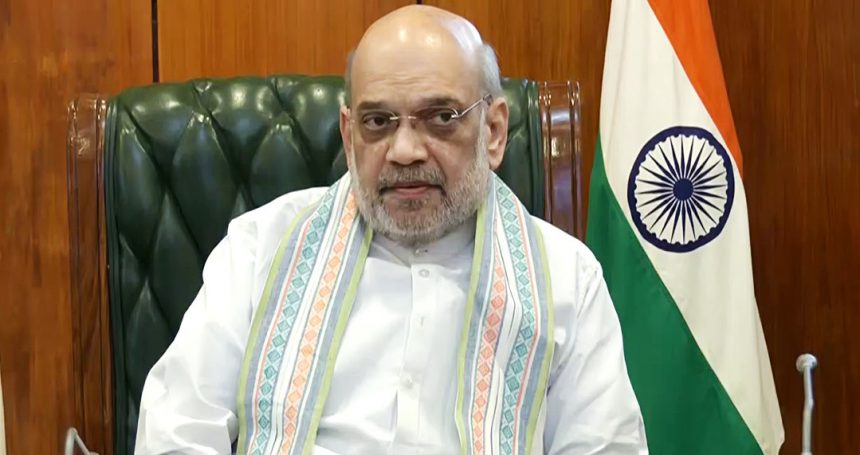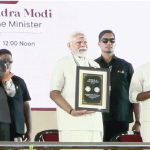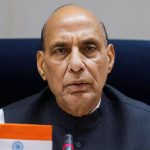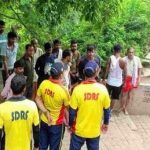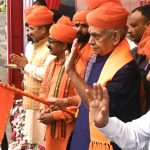Jammu, JULY27:Union Home Minister and Minister of Cooperation Amit Shah called for a united and coordinated approach to tackle India’s evolving internal security challenges, as he delivered the valedictory address at the eighth National Security Strategies Conference (NSSC) in the capital.
Reiterating the government’s resolve to address long-standing regional and security issues, Shah stated that the next five to ten years would be critical for India’s internal development and national security architecture. Given the complexities of India’s geopolitical neighborhood, he urged both State Police and Central agencies to embrace the principle of ‘Suraksha, Sajagta&Samanvay’ (Security, Alertness & Coordination) as the operational ethos for the future.
While acknowledging progress in Left Wing Extremism (LWE)-affected areas, the Northeast, and Jammu & Kashmir, Shah pressed the Directors General of Police (DGsP) to adopt a similar strategic mindset in implementing the three new criminal laws and in combating the increasing narcotics threat.
He advocated for a comprehensive, top-down and bottom-up approach to dismantle major drug cartels, and emphasised the need to accelerate the extradition of narco-offenders. The Union Home Minister directed police forces to treat the fight against narcotics as a core priority for the next three years, aligning with the government’s vision of a ‘NashaMukt Bharat’ (Drug-Free India).
Shah highlighted the critical role of police stations as the foundation of India’s internal security network and intelligence collection. He called for the creation of a reliable, real-time information-sharing platform that can transmit actionable intelligence down to the police station level.
Reaffirming the fundamental duty of the police to protect life, property, and the dignity of citizens, he urged all law enforcement bodies to strive for operational excellence and cultivate a spirit of healthy competition in tackling threats. He also encouraged the active involvement of young police officers in brainstorming national challenges, with guidance from senior officers to help devise practical and innovative solutions.
Emphasising that security cannot be sustained without grassroots development, Shah called on DGPs to closely coordinate with State administrations to ensure the effective implementation of over 300 Central and State development schemes in areas vulnerable to LWE influence. “Security and development must go hand-in-hand,” he noted.
Addressing the issue of maritime security, Shah drew attention to the need for capacity building among coastal police forces and the fortification of smaller seaports to prevent infiltration and smuggling activities along India’s extensive coastline.
He also reviewed ongoing counter-terrorism initiatives and instructed agencies to pursue stringent legal action against repeat offenders, reinforcing the government’s uncompromising stand on national security.
Calling for greater use of technology in policing, Shah directed that national databases such as NATGRID, NIDAAN, iMoT, and the CBI’s fugitive database be fully utilized. He recommended their inclusion in training curricula for all officers, especially younger personnel. Establishing a robust, real-time data-sharing ecosystem, he said, was essential to counter fast-evolving threats effectively.
The NSSC served as a platform for India’s senior police leadership to exchange ideas, assess current trends, and align strategies for emerging challenges. Shah stressed the importance of creating homogenous teams of Central and State agencies to develop and monitor security strategies, ensuring unified execution across jurisdictions.
Earlier, the Union Home Minister saluted the armed forces and Border Security Force (BSF) for their role in Operation Sindoor and paid tribute to India’s martyrs on Kargil Vijay Diwas, reminding the gathering of the sacrifices that underpin national security.




